
Newsroom
Adam Bear wants to figure out how to teach humans to reason better
Sep 13, 2022
5 min read
Equitech Futures’ affiliate faculty Adam Bear wants to use technology to improve statistical and computational thinking
While interest in artificial intelligence has exploded, both in academia and in popular imagination, human intelligence still remains poorly understood. How do we make decisions? Does human learning resemble machine learning? As the race to build machines that learn and think like humans accelerates, these questions have become very relevant. In other words, to build better AI systems we need to understand the nuances of how humans learn and reason.
Understanding how humans learn is at the heart of Dr. Adam Bear’s research agenda. Adam recently joined EquiTech Futures as a core faculty member where he will be teaching courses in data science and statistics as well as pursuing a research agenda on improving statistical and computational learning using technology platforms.
Adam is a cognitive psychologist based at Harvard University and MIT. His research has focussed on exploring how the unconscious processes in our mind interact in sophisticated and counterintuitive ways to shape how we behave. More recently, he has been interested in figuring out how we can teach computational and statistical thinking. He is currently teaching an undergraduate course - “how to reason better” - at Harvard, that ties together insights from statistics, cognitive science, and psychology to build a framework for how we can make better decisions based on evidence. I sat down with him to ask him about his research interests and his motivation behind joining the Equitech Futures community.
What drew you to cognitive science? Can you tell us about your journey as a researcher?
I began my journey into cognitive science through philosophy. Early on in college, I was drawn to normative philosophical questions like “What is the nature of conscious experience?” or “How can we learn about the future from past observations (the problem of induction)?” But I felt dissatisfied by the armchair approach that philosophers took to answering these questions. I realized that the tools of cognitive science were better suited to thinking about these problems. Moreover, I was fascinated by the ways in which people’s judgments and decisions deviated from the normative benchmarks set by philosophy. This has informed my current research, which explores the types of mental shortcuts that people implicitly use and the ways in which these shortcuts can be corrected with more conscious, deliberative reasoning. Surprisingly, I have found that some of the simpler intuition-based heuristics that people use to make decisions can outperform more complex strategies in real-world contexts.
You are very interested in statistical and computational education. What do you think is missing in the way we teach data science and statistics?
For the most part, I’m concerned that the vast majority of people are not taught data science or statistics at all! These skills are critical to just about every facet of the real world — much more so than abstruse topics like trigonometry, which are routinely taught in high school. Moreover, for those who do encounter statistics, they are usually taught a dry list of routines to memorize when faced with various types of data. I believe there is a much deeper, more engaging way to teach this material, grounding statistical inference in probability theory and learning how to simulate data with computer code.
What drew you to Equitech Futures? And what are you most excited about working on as a faculty member?
Equitech Futures' mission to improve data science and statistical education in a way that emphasizes deep understanding rather than superficial memorization is very well aligned with my goals. As a faculty member, I’m excited to help build out new educational materials, which I’ve currently been developing at Harvard, and design web tools to improve reasoning. I’m also looking forward to collaborating with the other wonderful faculty and scholars, who bring their own unique perspectives.
What are the big-picture questions you want to solve?
In addition to figuring out what educational materials are most effective at improving people’s data science and statistical intuitions, one of the biggest challenges will be to figure out how to scale up this education for broader public consumption. Can we improve the way that math is typically taught in high schools? Can we get policy makers at institutions like the CDC or FDA to think more deliberately about probability and data? In this age of dense online social networks, we’ll need to reimagine what education looks like in order to reach the most people.
What do you do for fun?
In my free time, I love to play jazz guitar and go for runs and bike rides. I also enjoy playing strategic board games and Dungeons & Dragons with friends.
Read more about Adam Bear’s research on his website here.
More articles
.webp)
Newsroom
No Innovator Left Behind: How Equitech Futures uses philanthropic capital to maximize impact

Newsroom
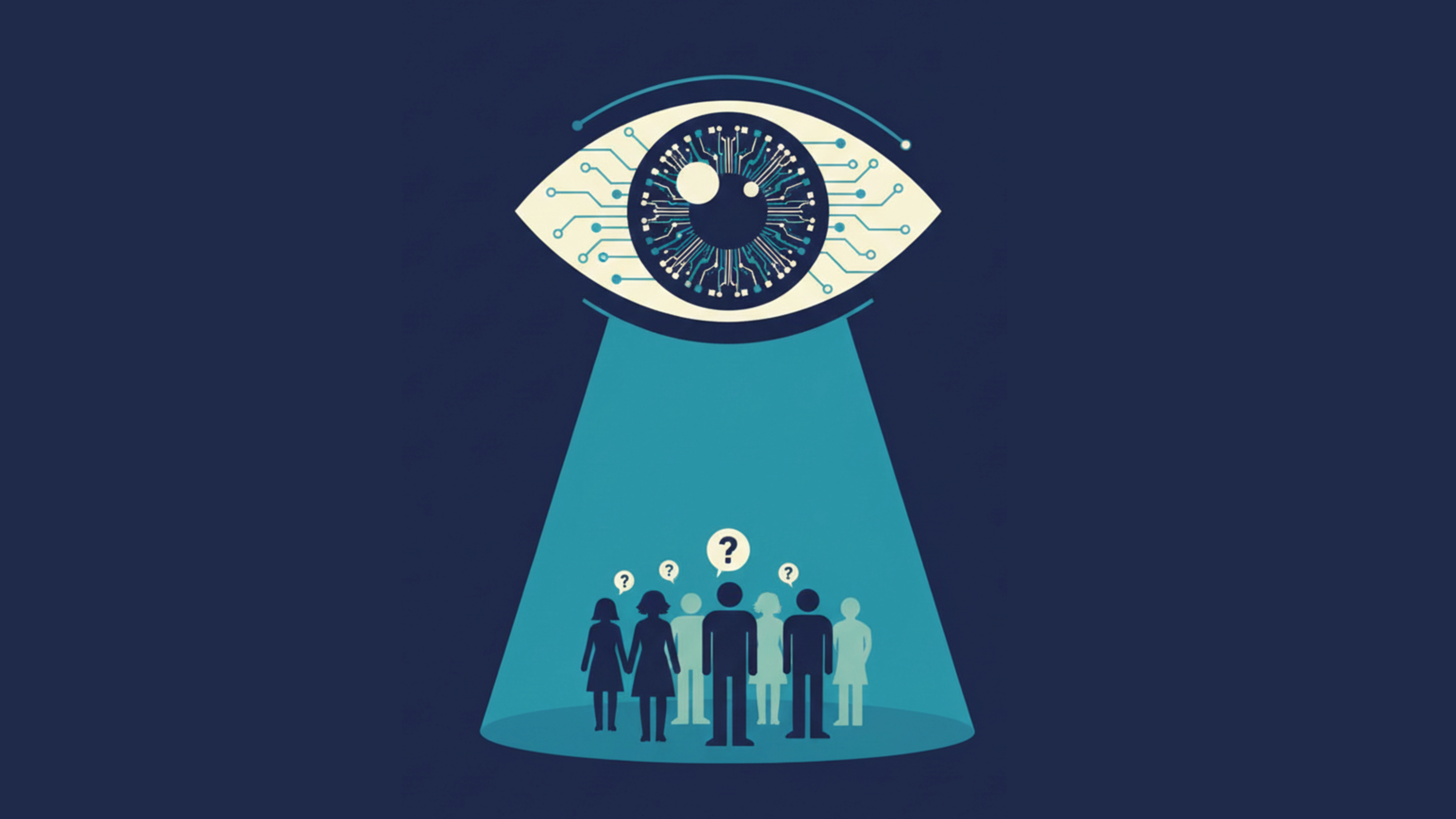

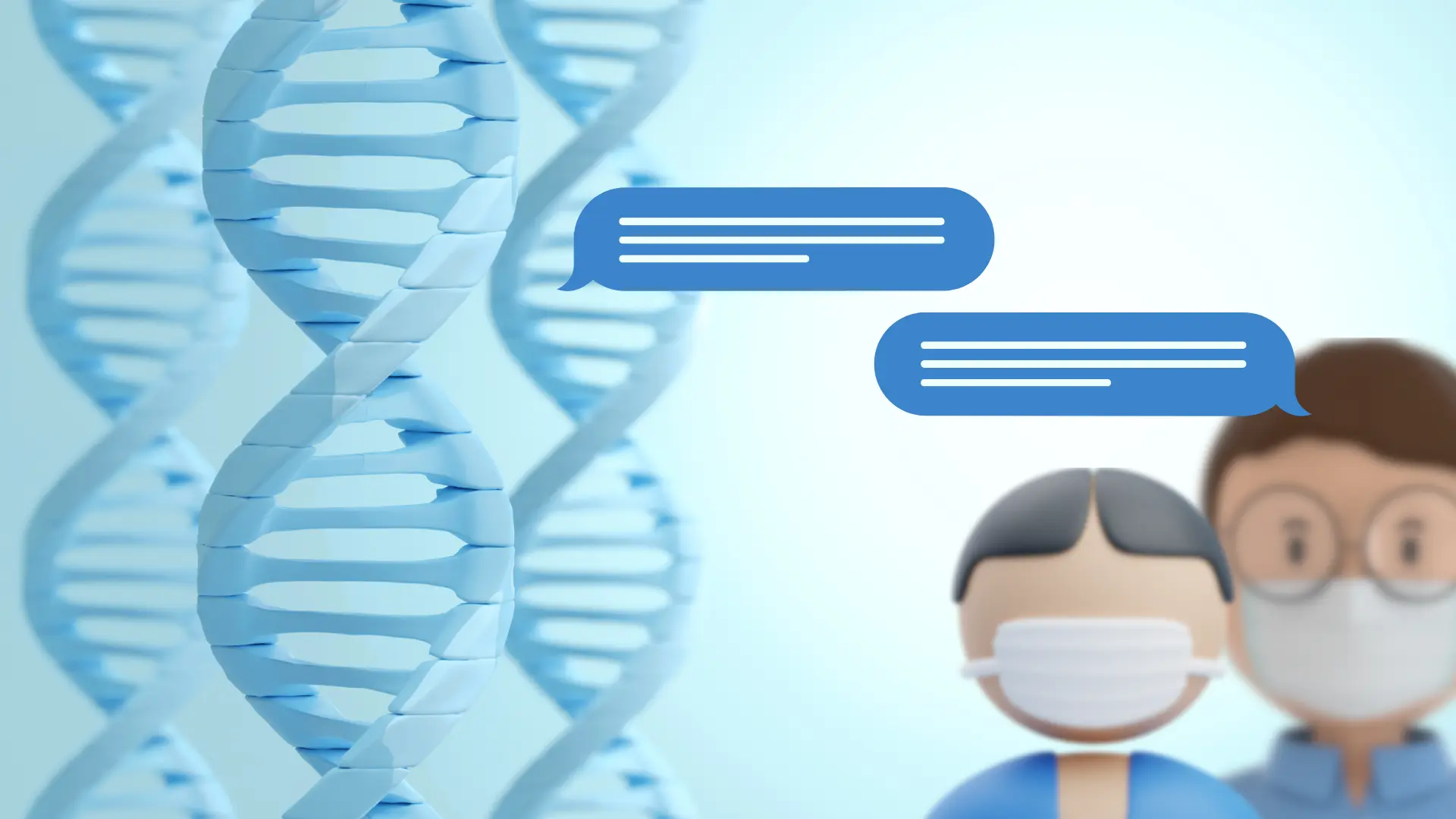



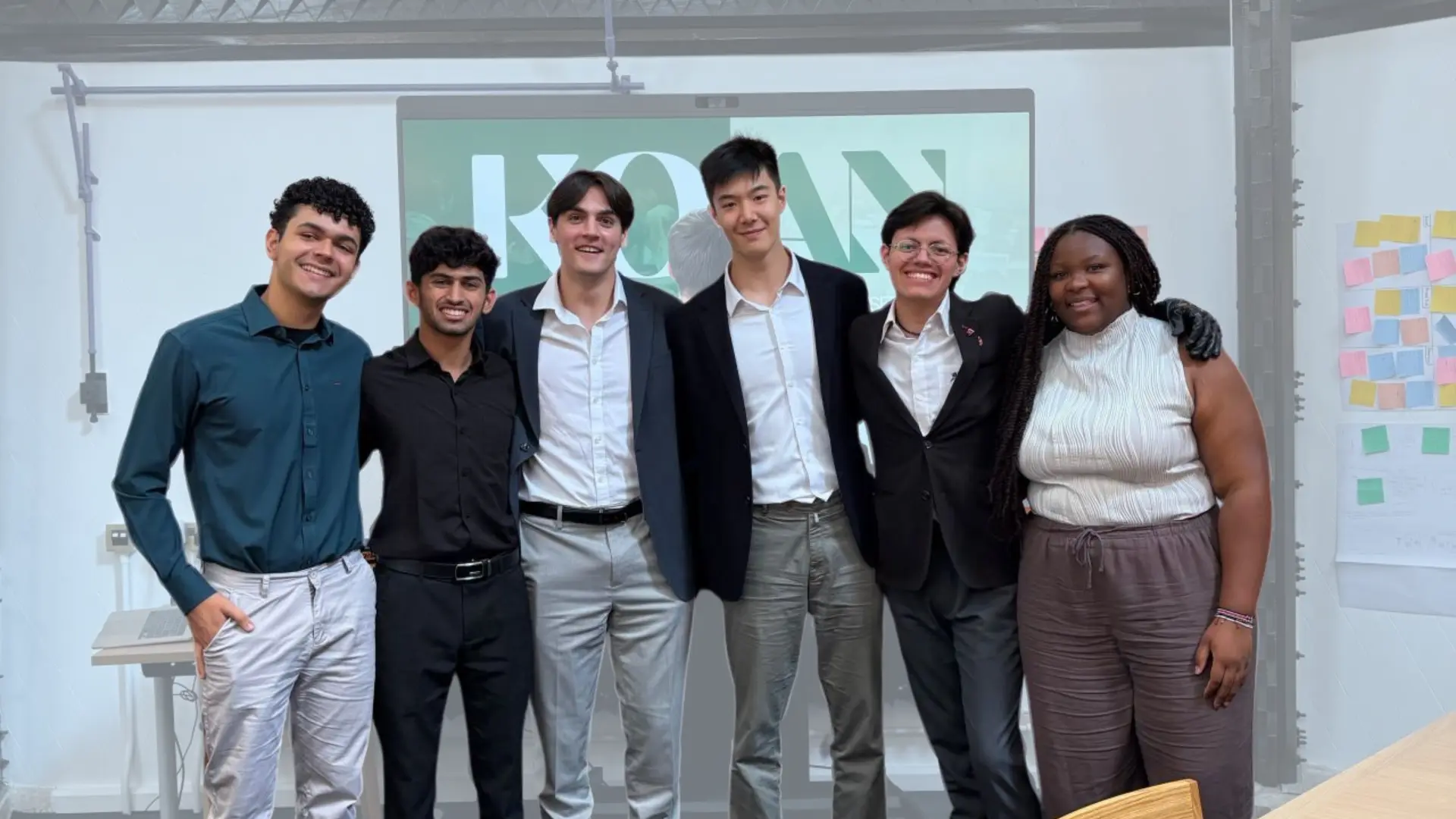
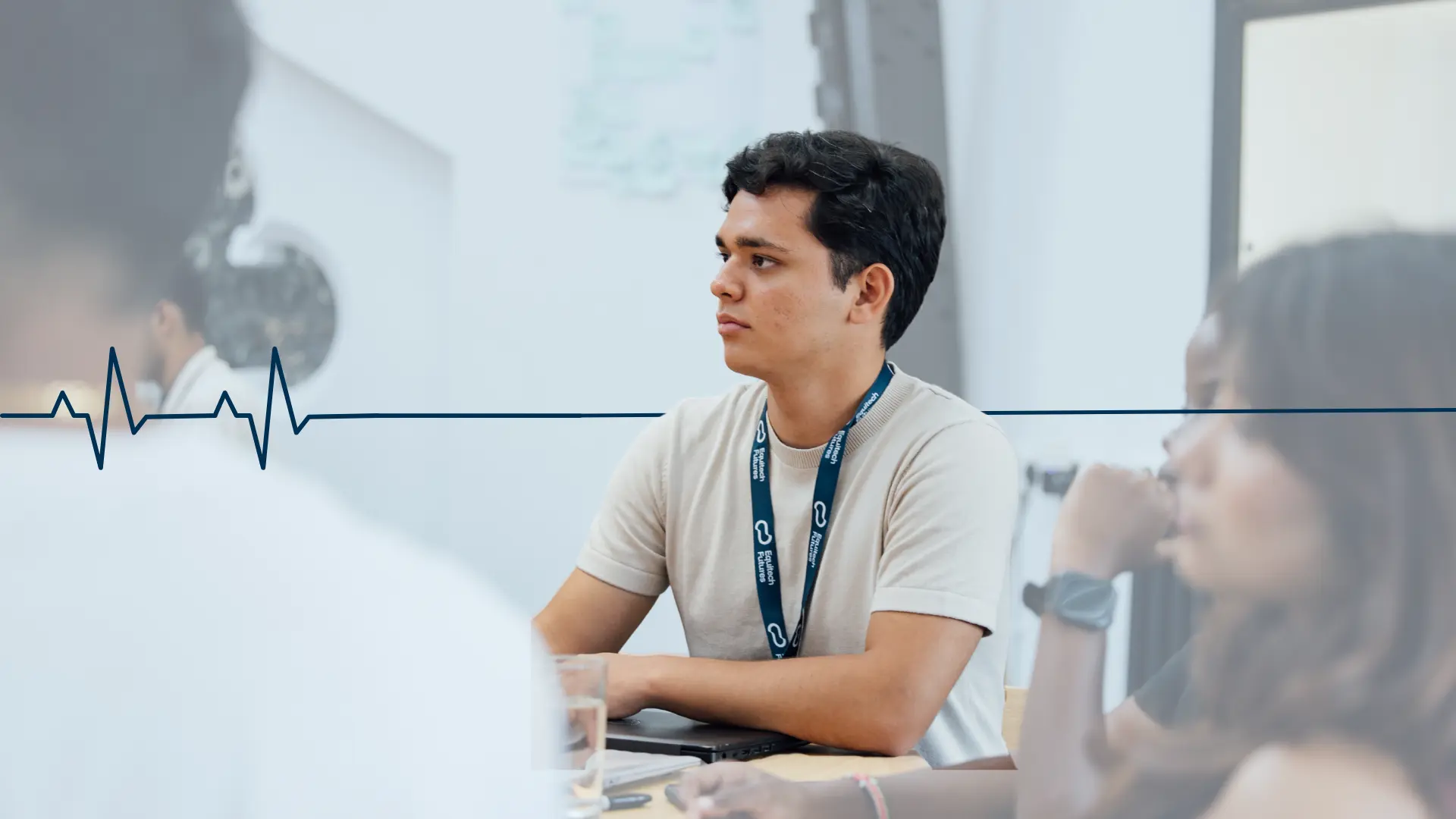

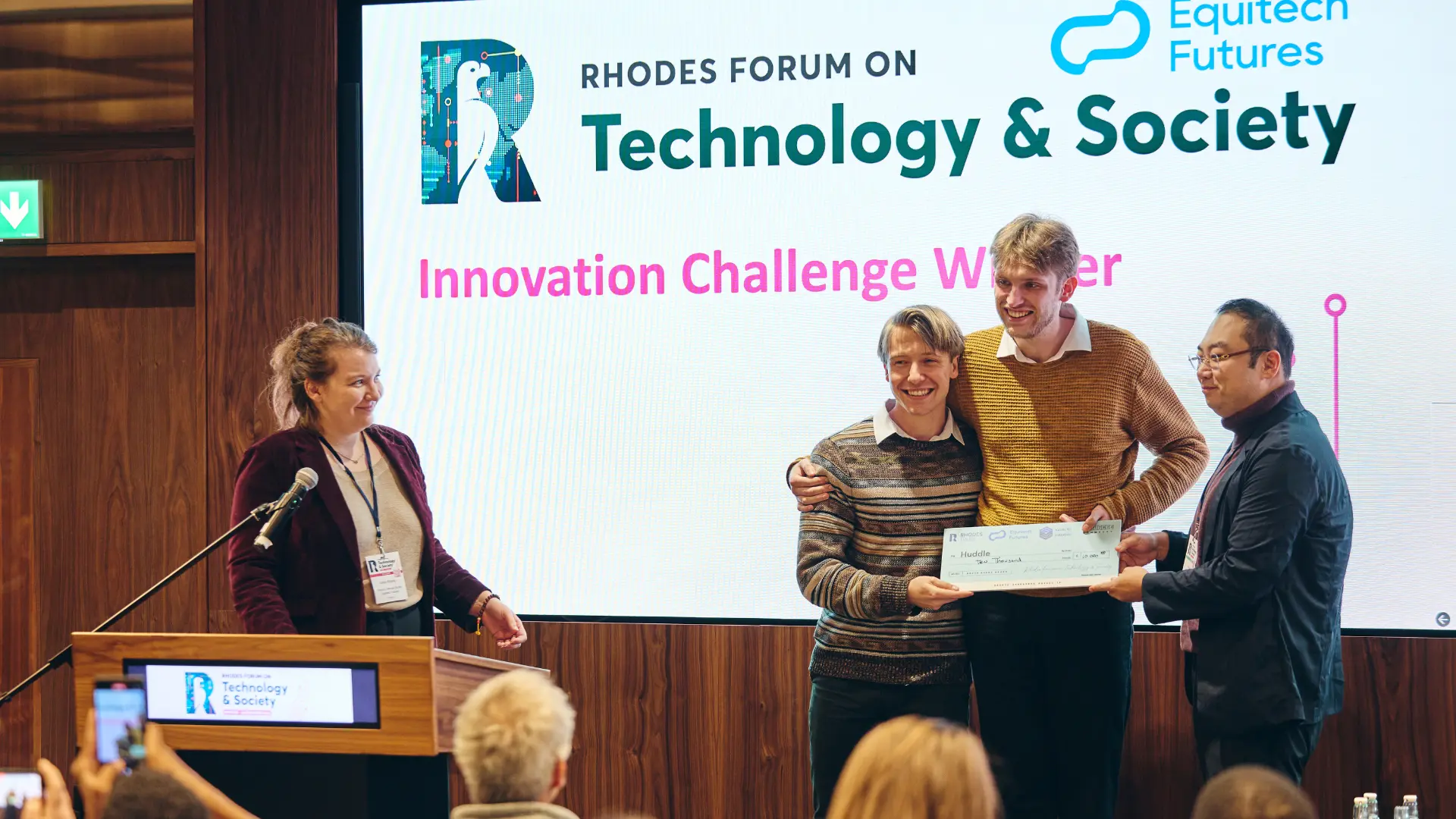
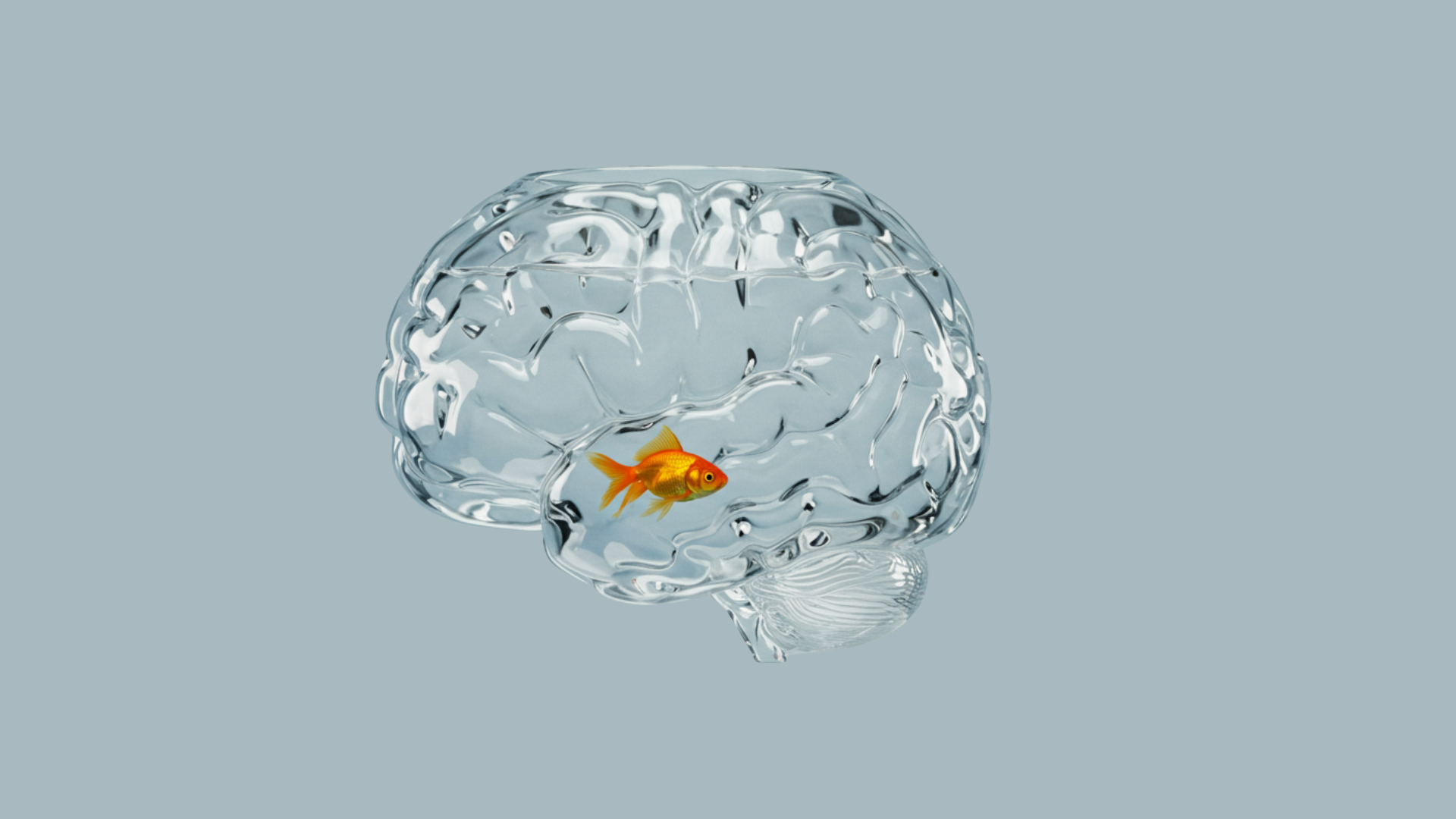






.webp)




.webp)


.webp)









.webp)















.webp)

.webp)


.webp)


.webp)






.webp)


